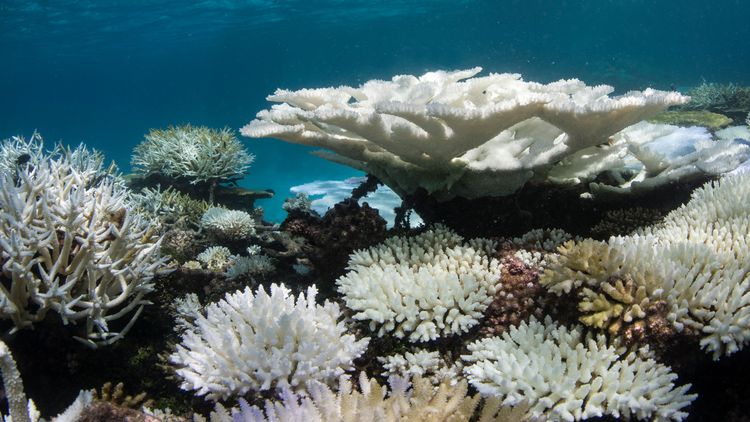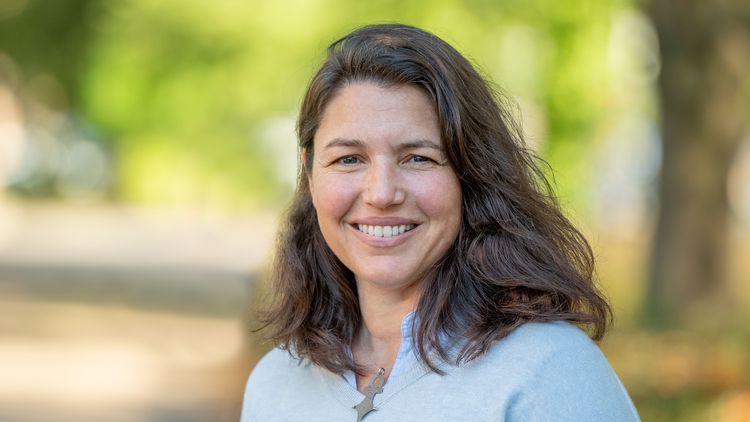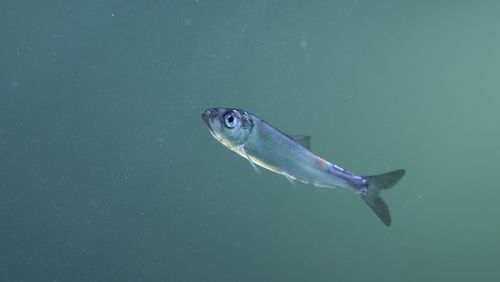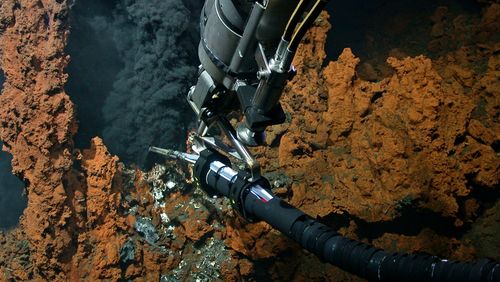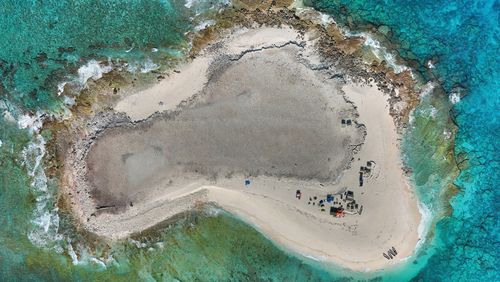A new paper published in the journal Science by a team of international scientists including ecologist Iliana Baums urges regulatory reform to accelerate global coral restoration using assisted gene flow – an essential step to safeguard the economic value and coastal protection services that reefs provide.
An international team of coral scientists is calling for urgent regulatory reform to support assisted gene flow (AGF) – a powerful tool to boost coral resilience – before climate change causes further reef decline and irreversible damage to coral ecosystems.
Writing in a policy forum in Science, the researchers outline the regulatory reforms needed to enable international exchange of coral broodstock with the goal of introducing new genetic diversity. These reforms include adapting existing rules for the exchange of non-commercial plant exchanges among herbariums and nurseries so that they can be applied to corals; establishing regional land-based coral biobanks as repositories for these shared corals; and leveraging political networks among overseas countries and territories to enable timely, cross-border coral exchanges. Regulatory reforms have become necessary because international efforts to curb carbon emissions have not yet been sufficient to reduce ocean warming.
“New approaches are needed to help save coral reefs from the threat of climate change and we need to adapt international regulations to help countries work together” said Andrew Baker the paper’s lead author and a professor of marine biology and ecology at the University of Miami Rosenstiel School of Marine, Atmospheric and Earth Science.
AGF is the managed movement of individuals (or their sperm or eggs) between populations within species ranges to facilitate interbreeding, usually with the goal of boosting genetic diversity and improving traits like resilience or disease resistance – especially in the face of climate change.
Corals with parents from different countries
The new paper comes just three weeks after the outplanting of elkhorn corals in Miami that were bred from international crosses of elkhorn coral parents from Florida and Honduras. These corals were the first corals ever to be permitted for outplanting on wild reefs that were bred from parents from different countries. Prompted by catastrophic losses during the 2023 marine heatwave, these crosses were conducted to allow genetic rescue of elkhorn corals (Acropora palmata) and support the recovery of the threatened Florida coral population. The successful collection, export, breeding, rearing and outplanting of these ‘Flonduran’ corals now paves the way for more scientific studies of how these outplants can support restoration efforts.
“We urgently need to expand the use of assisted gene flow across more species and sites throughout the Caribbean, while also establishing regional biobanks to preserve coral diversity and serve as international breeding hubs,” said Baker. “These efforts are critical to scaling up the production and exchange of climate-resilient corals – buying time for Caribbean reefs as we work to slow the pace of ocean warming.”
The paper discusses the risks of introducing new diversity from outside a local population and how best to mitigate any potential risks. One concern about introducing genetic diversity from outside a local coral population is the potential for outbreeding depression – where mixing genes could disrupt traits that help corals thrive in local conditions.
Inaction is not an option, as many coral populations are no longer well adapted to their rapidly warming environments.
Iliana Baums
“Despite these potential risks, inaction is not an option, as many coral populations are no longer well adapted to their rapidly warming environments,” said Iliana Baums, a co-author and a professor of marine conservation at the Helmholtz-Institute for Functional Marine Biodiversity at the University of Oldenburg. “In fact, assisted gene flow has been successful in boosting resilience across many animal species and may offer a critical lifeline for struggling coral populations.”
Coral reefs worldwide are under threat from rising temperatures caused by climate change, as well as nutrient pollution, disease, and other impacts. The recent 2023-2025 bleaching event was the fourth global bleaching event on record, impacting 84% of the world’s reefs.
“Countering these global impacts takes cooperation at the regional scale because individual reefs do not have ready access to new diversity in the timeframe needed to help stem declines. New international approaches are needed that require a level of cooperation and scaling unlike any we have seen yet. This paper lays out how regulatory action can help with those efforts,” added Baker.
This text was adapted from an original press release by the University of Miami.

